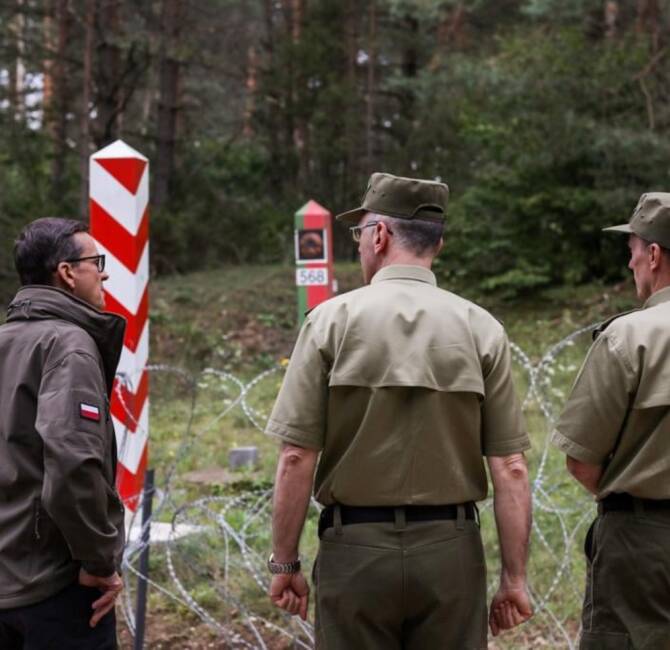Central Europe – Faced with a new wave of the Covid-19 pandemic, Central European countries are stepping up restrictions to try and contain the spread of the virus.
Hard lockdown in Austria from 22 November
As of 19 November, Austria had 2,871 people hospitalized due to Covid-19, of whom 520 were in intensive care. The government of Alexander Schallenberg (ÖVP) had ordered a lockdown for the unvaccinated that came into force starting 15 November. But it then unexpectedly decided on November 19 to extend the lockdown to the whole population, ordering restaurants, cultural venues, and non-essential shops to close from Monday, 22 November. It was also announced that vaccination would become mandatory for the entire population from 1 February, although it was not said from what age the vaccine mandate would apply.
Compulsory vaccination from 1 February
Alexander Schallenberg, who replaced Sebastian Kurz at short notice after he was forced to resign a little over a month ago, did his best to justify the new measures in a long monologue, stating: “In recent weeks, I have repeatedly stressed that our common goal should be to encourage the unvaccinated to get vaccinated, rather than putting restrictions on the vaccinated.”
Persuasion campaigns have led nowhere
“Despite months of persuasion; despite intensive campaigns, including in the media; and despite multiple discussions in the media, we have not managed to convince enough people to get vaccinated.
The measures we’ve taken in recent weeks at the federal government level, including 2G [restaurants and other places reserved only for the vaccinated and those who have recovered from Covid-19] and lockdown for the unvaccinated, have indeed increased the propensity to get vaccinated – we’ve seen that with the scenes at the vaccination centres – but are still not enough.
For a long time, the political consensus was that we did not want mandatory vaccination in this country. But we have to face reality. For a long time, perhaps too long, I and others assumed that it should be possible to convince people in Austria to get vaccinated voluntarily,
that they would do it to protect themselves and to protect their families, friends, and colleagues. But we have to face reality.
There are too many opponents in this country.
We have too many political forces in this country that are vehemently, massively, and publicly opposed to vaccination.
That is irresponsible. It is in fact an attack on our healthcare system. After being influenced by these radical opponents to vaccination and by blindingly obvious fake news, too many of us unfortunately did not get vaccinated. ”
New lockdowns only for the unvaccinated in Slovakia
Meanwhile, in neighbouring Slovakia, where 2,945 people were in hospitals because of Covid as of 19 November, the government of Eduard Heger (OL’aNO) is clearly following Austria’s lead as it has ordered a lockdown for the unvaccinated starting Monday, 22 November: “Exhausted paramedics are begging us to intervene because they don’t want to decide who they put on pulmonary ventilation.
(…) [The vaccinated] got the jab to protect their health, the health of their families, the health of their colleagues and acquaintances, and the health of the economy. They have taken a load off the healthcare system and are now paying for full services for the unvaccinated. (…) The unvaccinated should be quarantined.
According to the Slovak Ministry of Health, “currently only 20 beds are available in the whole of Slovakia for new patients who would need the help of artificial lung ventilation”.
Third jab for health workers and mask mandate back in Hungary
In Hungary, as of 18 November, 5,969 people were hospitalized due to Covid. The chief minister in the Prime Minister’s Office, Gergely Gulyás, and the government spokesperson, Alexandra Szentkirályi, have also announced more stringent measures, though not as stringent – at least for the time being – as those decided in Vienna and Bratislava. Wearing a facemask will again be compulsory in all indoor public spaces (shopping centres, shops, theatres, etc.) from midnight on Friday, 19 November, while health workers must have received their third dose of the vaccine no later than 180 days after the second jab.




